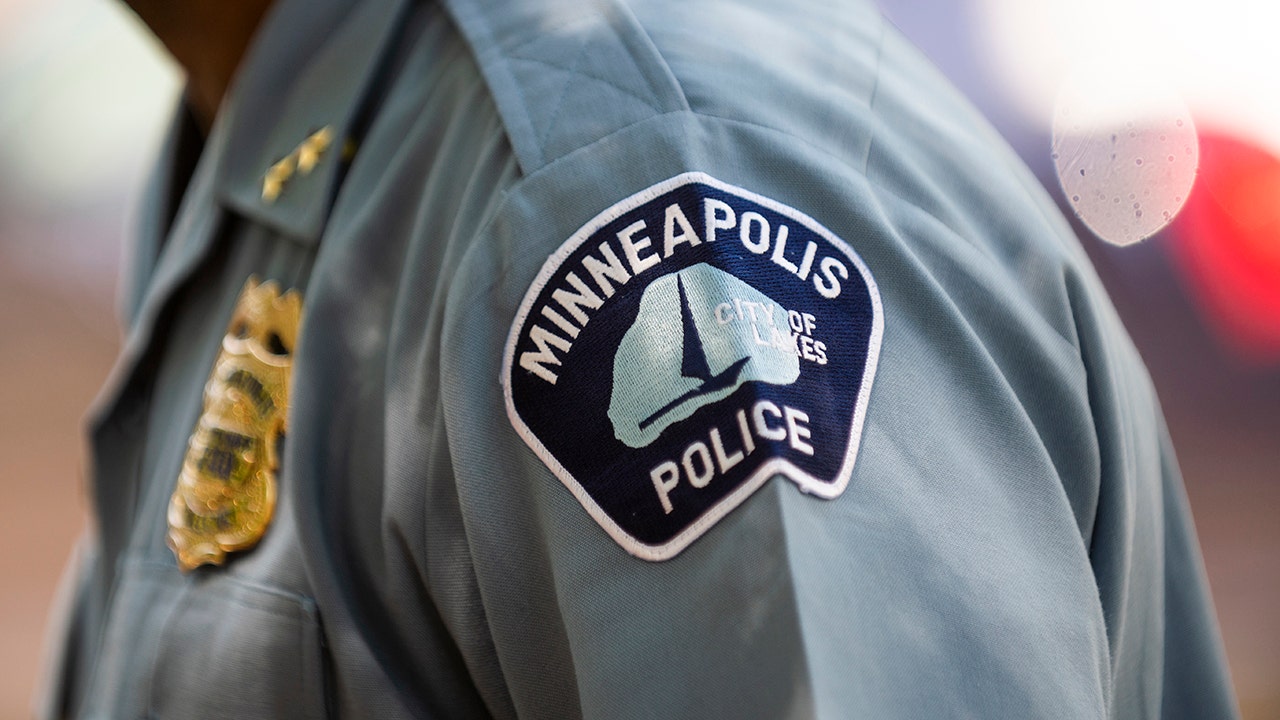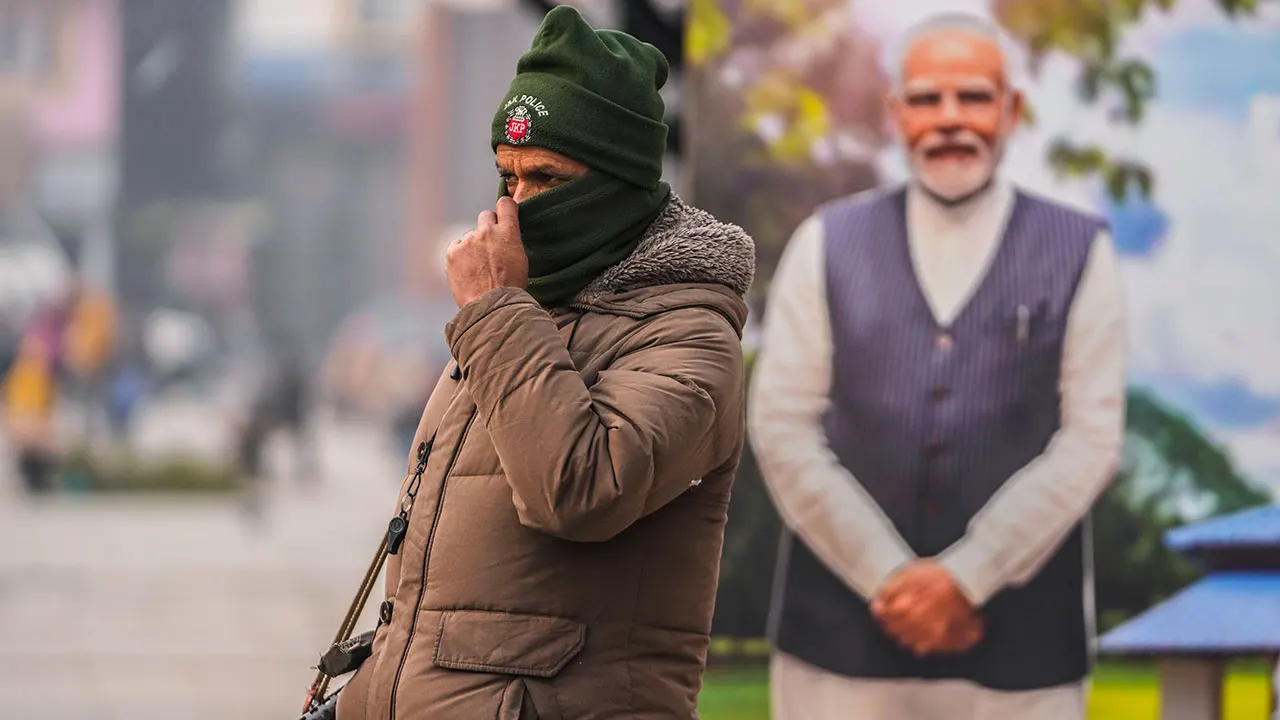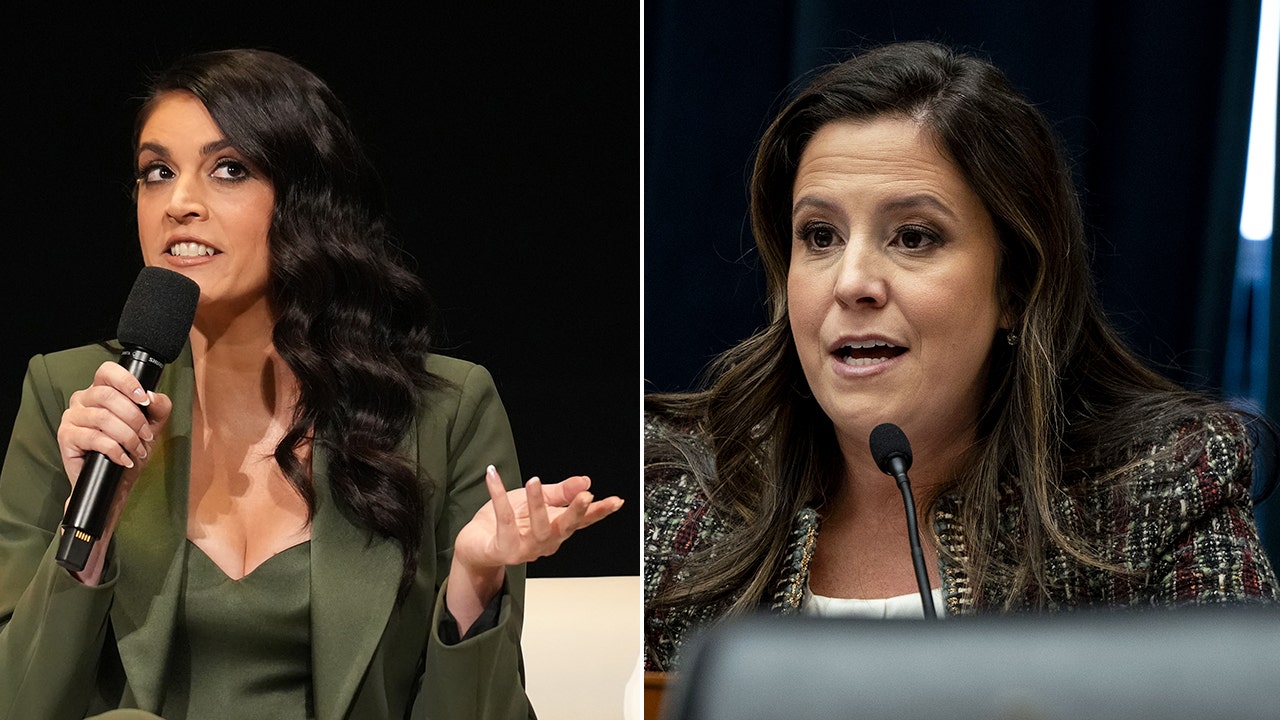They buried him. They mourned him. And they have gathered to pick his successor. But it’s still all about Pope Francis.
More than two weeks after Francis died, the cardinals who will begin voting in the Sistine Chapel on Wednesday to pick the next pope have been signaling whether they want to follow Francis’ lead, turn back or find some compromise between the two.
In homilies, public and private conversations, and most of all in remarks to their fellow cardinals in daily meetings behind the Vatican walls, the people who will choose the next pope have been holding what amounts to a referendum on Francis’ legacy. They have also been considering whether they want to perpetuate the so-called “Francis effect,” the idea that a charismatic, inclusive person of moral conscience on the geopolitical stage might draw new followers and lure lapsed Catholics back into the church.
“There are various wishes” within the group, said Cardinal Anders Arborelius of Sweden, who has been mentioned as a potential candidate for pope. Some want to elect a pontiff “who can follow in the footsteps of Francis. Some others said, ‘No, no. Not at all.’”
There is plenty in Francis’ legacy to fight over. During his 12-year pontificate, he made global headlines for landmark declarations that encouraged liberals, whether Catholic or secular. Of gay priests he said, “Who am I to judge,” and he allowed the blessing of same-sex couples. He raised his voice for migrants, implored world leaders to face a warming climate and criticized what he saw as the excesses of capitalism and the exploitation of the poor.
Within the church, he expanded the College of Cardinals to what he called “the peripheries,” nations far from the Vatican with the fastest-growing populations, as well as to some places where Catholics are an overwhelming minority. He struck a deal with the Chinese government, in the hopes of increasing the church’s presence, although some critics believed it compromised the church’s independence in China.
He invited laypeople, including women, into meetings of bishops that he envisioned as the church’s main decision-making bodies. He reformed the Vatican bureaucracy that governs the church, introduced measures to increase transparency of the church’s infamously murky finances, and enacted decrees to increase accountability for church leaders who committed or covered up cases of sexual abuse.
Some cardinals want to move ahead with those upheavals, or even leap forward with bigger changes. Others want to roll them back. But the largest rifts may be over the contentious issues in which Francis walked up to the line, but didn’t cross.
Those include long stashed but controversial issues such as the ordination of women as Catholic deacons, the requirement of celibacy for priests, and the church’s teachings about homosexuality and the use of birth control.
In the wake of Francis’ papacy, the stakes extend beyond the Catholic church. He was a rare mediagenic leader who could be as popular with secular audiences as he was with the faithful, someone viewed by many as an ethical compass in an increasingly confusing political landscape. While many world leaders have moved to shut their doors to migrants and abandon the care of the poor, Pope Francis stood for openhearted acceptance, a position that resonated with churchgoers as well as some of those who had never gone to Mass.
Yet it was that very popularity outside the church doors that sometimes made him a lightning rod for his opponents within the church.
“There’s a need to return the church to Catholics,” Cardinal Camillo Ruini, a conservative lion of the old guard and an Italian power player under John Paul II and Benedict XVI, said in an interview with Corriere della Sera, an Italian newspaper. He added that “those who are most favorable to Francis are mostly laymen while those against are often believers.”
Others said that the conclave should not be a global popularity contest. Cardinal Mauro Piacenza said he found all the outcries for a Francis sequel “sentimental.” Cardinal Gerhard Ludwig Müller of Germany, a conservative who ran the church’s office on doctrine until Francis fired him, said those who wanted “a pope for everybody,” who would continue in Francis’ direction, were generally “the media and all the former opponents against the church — the atheists.”
But the conservatives are in the minority, at least among those who will cast their ballots for a pope. Francis had deep support inside the church, particularly among the cardinals of voting age. He appointed 80 percent of them, and most are committed to continuing at least partly along the path he mapped out.
“Since we are now at a time when we are all rethinking the nature of the Church, I hope that the new Pope will be someone who is moving in the same direction” as Francis, said Cardinal Tarcisio Isao Kikuchi, the archbishop of Tokyo.
If not, some cardinals fear that the church will become further isolated from modernity and the reality of the lives of its members.
“This cannot be the time that panders to the instinct to turn back,” Cardinal Baldassare Reina, an Italian elevated to that role by Francis, said in his homily in St. Peter’s Square last week. Among Francis’s many appointees from around the globe, that instinct was strong.
Even if the cardinals select a pope they believe will take up the baton from Francis, “I don’t think there’s any guarantee that the future will be just a straight line carrying on from Francis,” said Archbishop Paul Gallagher, the Vatican’s foreign minister and a close aide to Francis. “The next pope will have his own convictions and his own contribution to make. And it may be that he will emphasize different things than Francis has emphasized.”
Given that Francis was a complicated leader who sometimes contradicted himself and did not meet the expectations he raised, the cardinals do not stack up neatly for or against him. They are fragmented into groups formed around ideology, region, pet issues, cultural differences, common languages and personal vendettas.
The result, some church analysts say, could be more of a compromise candidate.
That could be a pastor in the mold of Francis, but one who is more disciplined in his public statements, or a pope who makes up for a lack of personal charisma with a skill for steady governance. The cardinals with a shot at becoming pope have, for the most part, steered clear of speaking publicly about the divisive issues that Francis raised, but did not decide on, such as permitting women to become deacons, married men to become priests or divorced and remarried Catholics to receive communion. Francis himself was considered traditional and gave little indication before his election that he would be such a boundary-pushing pope.
There are multiple permutations, but what is certain is that the next pope will leave his own mark. The real question, some church analysts say, is whether the pope’s vision trickles down to the people leading the parishes where everyday Catholics practice their faith.
“The tragedy of Pope Francis is that people listened to him, they loved him, they thought, this is the kind of priest I want in my parish,” said the Rev. Thomas J. Reese, a veteran Vatican analyst. “And they went to their parish and they did not find Francis.”
Emma Bubola and Josephine de La Bruyère contributed reporting from Rome















